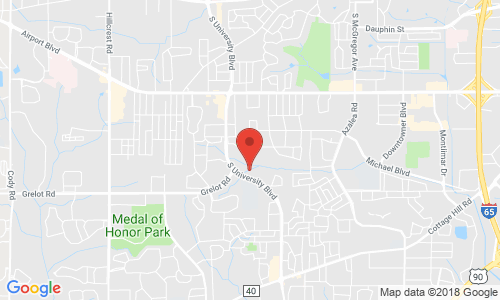Call our office today (251) 344-4571 to find out about appointment availability and to have someone check your coverage. Appointments become scarce closer to the end of the year.
Dental healthcare is just as vital as your typical healthcare, and it’s important that you don’t let your benefits lapse at the end of the year. In effect, use them or lose them! Millions of people forget to take advantage of these benefits and as a result they are effectively throwing away money that they’ve paid into. According to the National Association of Dental Plans, only 2.8% of PPO dental plan participants reached their annual maximum on their dental plan. Others may use Flexible Spending Accounts, or an FSA for short. For either of these plan types, most run out on December 31st and we highly recommend that you don’t allow these benefits to go to waste. The purpose of this article is to help you make the most of your end of year benefits by educating yourself on what these benefits are and when you need to use them by.
Most people receive their benefits through their employers, yet individual plans are also available via the Health Insurance Marketplace. You and/or your employer pay a premium upfront payment for access to this dental care. If you forget to use it, then this paid premium is effectively going to waste. Don’t forget – Be Proactive with your benefits!
Most insurance companies have December 31st deadlines on their plan benefits, meaning that any of the benefits you’ve yet to use will not roll over into the New Year. While not every dental plan is like this, most of them are. It’s important to stay informed as well regarding your specific plan, because some plans may end at a different time of the year, be sure to check your plan document or ask your employer to be certain of this information.
This type of coverage highly benefits those who make active use of it before the expiration date. Some helpful tips for making the most of your plan include:
- Focusing On Prevention for both your health and your wallet! Prevention is the best method of treating a problem, by keeping it from happening in the first place, using proper pro-dental habits and consistent dental checkups. Most plans pay 100% of the cost for preventative visits, so if you’ve yet to go, this may be a good time to schedule a visit.
- Get in the habit of Using Your Coverage Early on, towards the start of when your plan rolls over to the next year. Ask your dentist what your dental needs are so that they can be addressed and treated. Try to tailor any appointment times ahead of the holidays so that you can get any potential dental issues properly treated.
- Once you know what your dental needs are, Work With Your Dentist and Benefits Provider to find out what’s covered. Often, your dentist’s office will do this work on your behalf. You can find more information on your own by either calling the provider company, using your identification card, or going to their website for more information.
In specific regards to Flexible Spending Accounts (FSA), you decide how much money goes into the account, and a part of this amount is deducted from each paycheck before tax. These types of plans usually cover benefits such as general cleanings, braces, dentures, co-pays, and more. FSAs work like debit cards, you can use it to pay for your dental expenses, as well as some related products at local drugstores.
Some providers for FSAs may allow a grace period of up to 2 and a half months to use the extra money in your account. Others may allow a carry over of up to $500 per year. Regardless of either, you lose any money that you haven’t spent. Check with either your employer or FSA admin to see what your plan will allow.
Some helpful tips for making the most of your FSA include:
- Planning Carefully so that you don’t over-contribute to your account than you will need. Don’t forget that any un-used amount is typically lost at the end of the plan’s annual cycle.
- Similar to Dental Benefit Plans, Talk With Your Dentist mid-year, before the holidays, to find out your dental needs and then schedule any appropriate treatments.
- Contact Your FSA Admin for information on eligible expenses. Cosmetic procedures such as whitening, veneers, or cosmetic braces are typically not covered.
- Proactively Make Appointments as soon as you know they’re needed to ensure that your end of year benefits aren’t going to waste.

